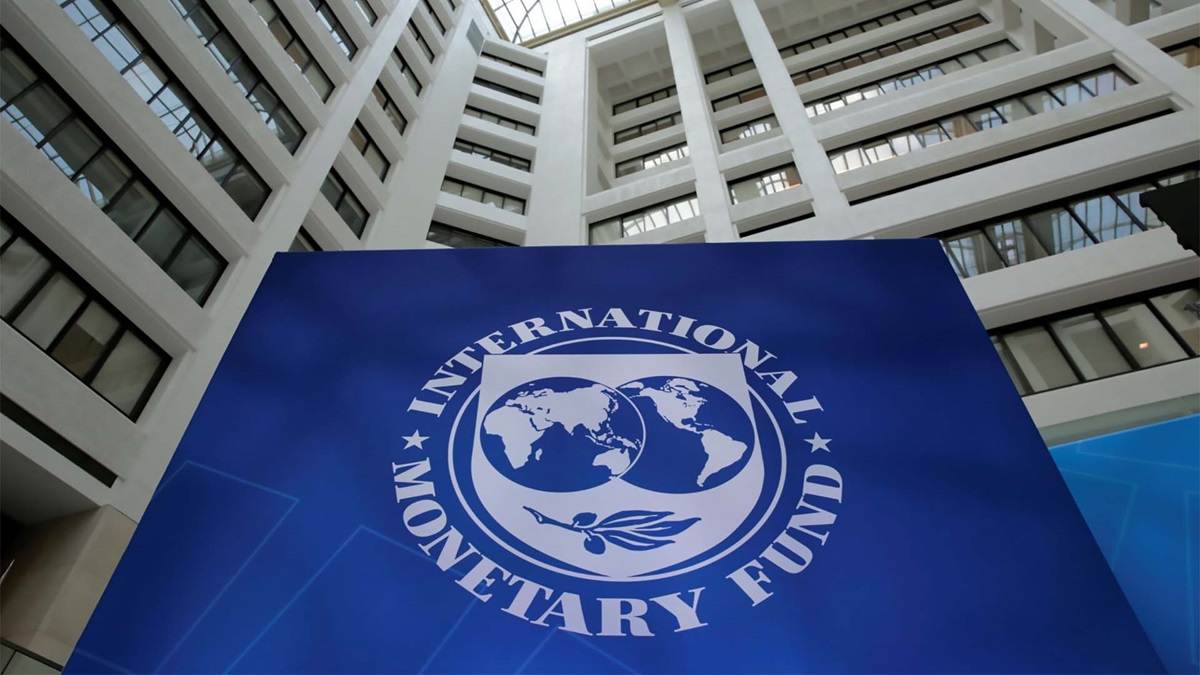Government tells IMF no new taxes before next budget
BY Insider Desk
November 06, 2025

Bangladesh’s interim government has informed the International Monetary Fund (IMF) that it will not introduce new taxes or raise existing rates until a new administration prepares the next national budget, officials confirmed.
The position, conveyed during recent talks between the IMF review mission and the National Board of Revenue (NBR), reflects both legal and political sensitivities as the interim authorities seek to maintain economic and social stability ahead of national elections.
Officials said that if the polls are delayed, the NBR may revisit the issue in the 2026–27 budget cycle. The IMF team, in Dhaka since October 29 to assess progress under Bangladesh’s US$4.7 billion loan program, held a series of meetings with finance officials and was scheduled to conclude discussions virtually on Wednesday night.
During the talks, the IMF pressed Bangladesh to broaden its tax base by phasing out existing tax exemptions and revising Statutory Regulatory Orders (SROs). The Fund has set a target to raise the tax-to-GDP ratio to 7.8 percent this fiscal year, up from last year’s 6.6 percent. The ratio had fallen due to sluggish imports, inflationary pressure, and political unrest.
However, NBR Chairman Abdur Rahman Khan reaffirmed that the interim administration would maintain a “no-tax-hike” policy in the absence of an elected parliament, in line with the newly implemented Tax Expenditure Policy and Management Framework (TEPMF).
The NBR explained to the IMF that many tax exemptions are bound by “sunset clauses” and cannot be withdrawn abruptly without legal and contractual repercussions.
Officials also pointed out that previous mid-year tax adjustments had led to protests and yielded minimal revenue gains amid last year’s instability.
The IMF also proposed a uniform 15 percent value-added tax (VAT) on all goods and services, along with a doubling of the minimum turnover tax from 1 percent to 2 percent. The NBR declined both suggestions, noting that the turnover tax had already been quadrupled from 0.25 per cent in the last budget.
Exemptions for essential sectors—such as food, health, education, and agriculture—will remain, the NBR said, adding that any move toward a harmonised VAT regime will be gradual.
Tags:
Most Read

Electronic Health Records: Journey towards health 2.0

Making an investment-friendly Bangladesh

Bangladesh facing a strategic test

Understanding the model for success for economic zones

Bangladesh’s case for metallurgical expansion

How a quiet sector moves nations

A raw material heaven missing the export train

Automation can transform Bangladesh’s health sector

A call for a new age of AI and computing
You May Also Like
